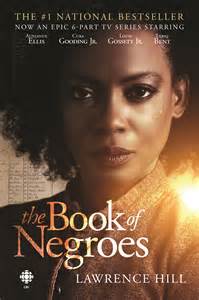 Aminata Diallo- fictional feminist icon
Aminata Diallo- fictional feminist icon  Conquering Lion team- producer Damon D'Oliveira and director Clement Virgo- with Book of Negroes author Lawrence Hill
Conquering Lion team- producer Damon D'Oliveira and director Clement Virgo- with Book of Negroes author Lawrence Hill Aminata had a foot in the Old World (Africa) and the new (the United States, Canada, and eventually the United Kingdom). She would not bow down although she was enslaved. She stuck to "her guns", held true to her value, and never, ever forgot where she came from. She walked with dignity and demanded that everyone, even her owner and master, treat her no less. These are all values I admire and hold dear to my heart. In addition, I connected to Aminata in a few other ways.
1) I am a jeli and a teacher. That means storyteller and oral West African historian, poet, and musician. The word comes from a Manding term but the term also called jeli, jali, djeli, or griot. The first time I was ever published in a book was a poem in T-DOT Griots: A Tribute to Toronto Black Storytellers. I value stories and hold on to the stories of others. I write them and read them. I want to preserve them. I don't want to lose them. I see myself as a midwife of stories. Aminata was that and also a "catcher of babies" (midwife). Stories, songs, and poems are creative ways to preserve our history and I enjoy writing them all. I teach to share and pass down history to all of my students. Aminata was a teacher too.
2) I am a traveller. I love to travel and unlike Aminata and my ancestors, I can for the most part choose when and to where I travel. Although Aminata did not choose to leave her home in Africa and come to America, she did exercise choice at other times in her life although it meant often choosing between enslavement or escape. She went from Africa to South Carolina then to New York then to Nova Scotia then back to Africa and then to London. I hope my life, like hers, will crisscross the globe (and I have been to all of the same places as her except for London). Aminata is cross-cultural and cosmopolitan all qualities I see in me.
3) I am a voracious reader and learn languages quickly (like Aminata). Currently, I am fluent in English and French. I have also studied Spanish and Italian and can read, write, and hold a very basic conversation in both. I also know greetings and random phrases in over a dozen languages-- Somali, Gujarati, Hindi, Russian, Polish, Swahili, Croatian, Ewe, Twi, Arabic, Hungarian, Creole French, Portuguese, Mandarin, Cantonese, Sanskrit, Hebrew, Aramaic, Amharic, Japanese, Tagalog, Greek, German, Gaelic, Scandinavian languages, and I would love to learn others. The next one I want to be fluent in is Brazilian Portuguese as I am working on a novel set partially in Brazil.
4) The Book of Negroes is a triumph in Black filmmaking. Films by director-producer team Conquering Lion Pictures (Clement Virgo and Damon D'Oliveira respectively) have impacted me since 1995. That year, I remember how excited I was when their film Rude, one of Canada's first two feature length film by a Black director, was released in select theatres. I was in high school and it seemed like no one else cared or noticed but I did.
When I founded and organized ICED IN BLACK: Canadian Black Experiences on Film, a nationally touring film festival, from 2000 to 2003. Through ICED..., I screened three Conquering Lion films-- The Planet of Junior Brown, Rude, and Love Come Down. Damon and Clement came to one of my Montreal and Toronto screenings to participate in the discussion panels afterward. Having met and worked with Canadian independent filmmakers to promote and screen their work, I know how hard it is to get a film made . For example, Book of Negroes series took almost ten years to get it from book to funding it to the screen. (The book itself on which the series is based took Lawrence Hill five years to research and write). Imagine how many filmmakers in North America, especially filmmakers of colour who typically face more challenges in getting their stories picked up because they are told that there is no audience for them for a different story other than the stereotypes, are waiting for the funding greenlight and do not make it to the big screen.
5) Africa is my home. Africa is the home of my ancestors who were kidnapped, crossed the Atlantic Passage, enslaved in Jamaica, and survived. From the Maroons to the Rastafarians to the Garveyites, Jamaicans have been leaders in repatriation to Africa, a movement of African descended people in the West who move back to the continent. When I visited Ghana last year, I fulfilled a dream of mine as well as that of many family members, community, and my enslaved ancestors and that was to return to Africa and walk the paths of my ancestors and I felt completely at home.
I'd like to think if I lived Aminata's life, I would have conducted myself with so much dignity and honour, strength and resistance, grace and wit but I am not sure if I would or could. Thank you Lawrence Hill for creating a character that honours Black women. Despite the rapes, beatings, kidnapping of children, breaking up of families, and selling of our bodies throughout history- as Aminata endured- and even today, we can come out victorious, strong, intelligent, vocal, beautiful, and gentle with our dignities intact.
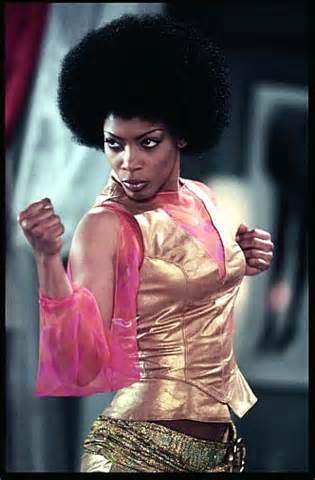
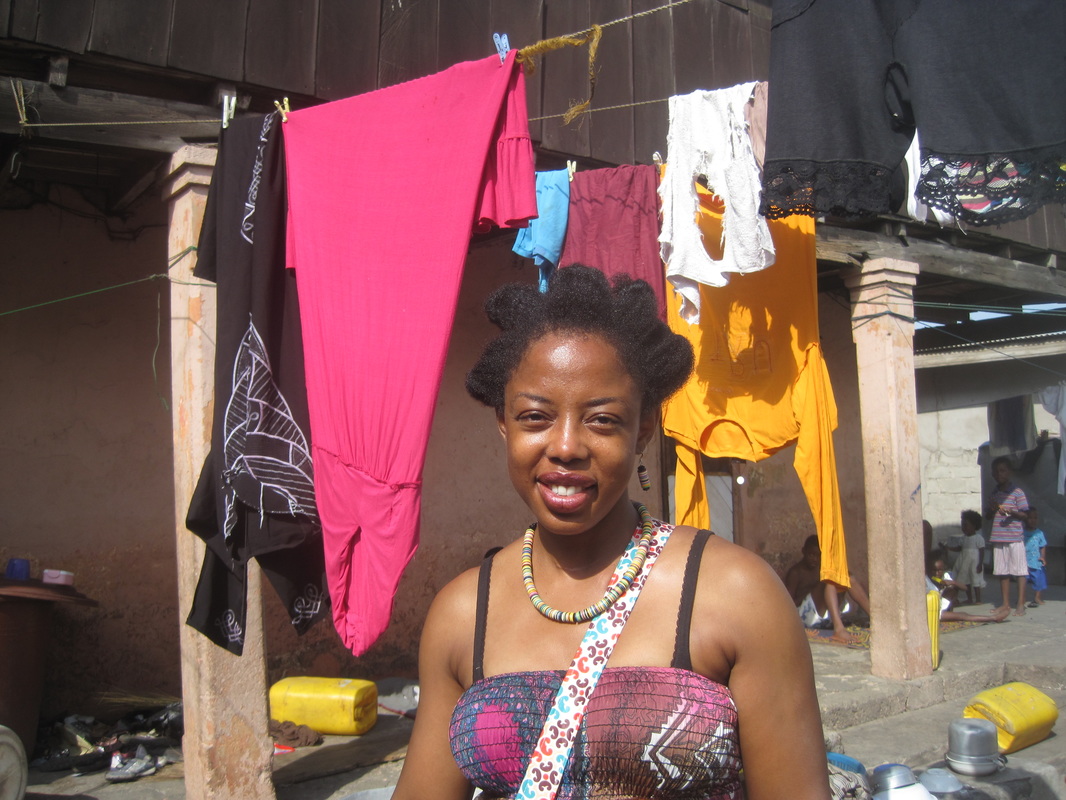
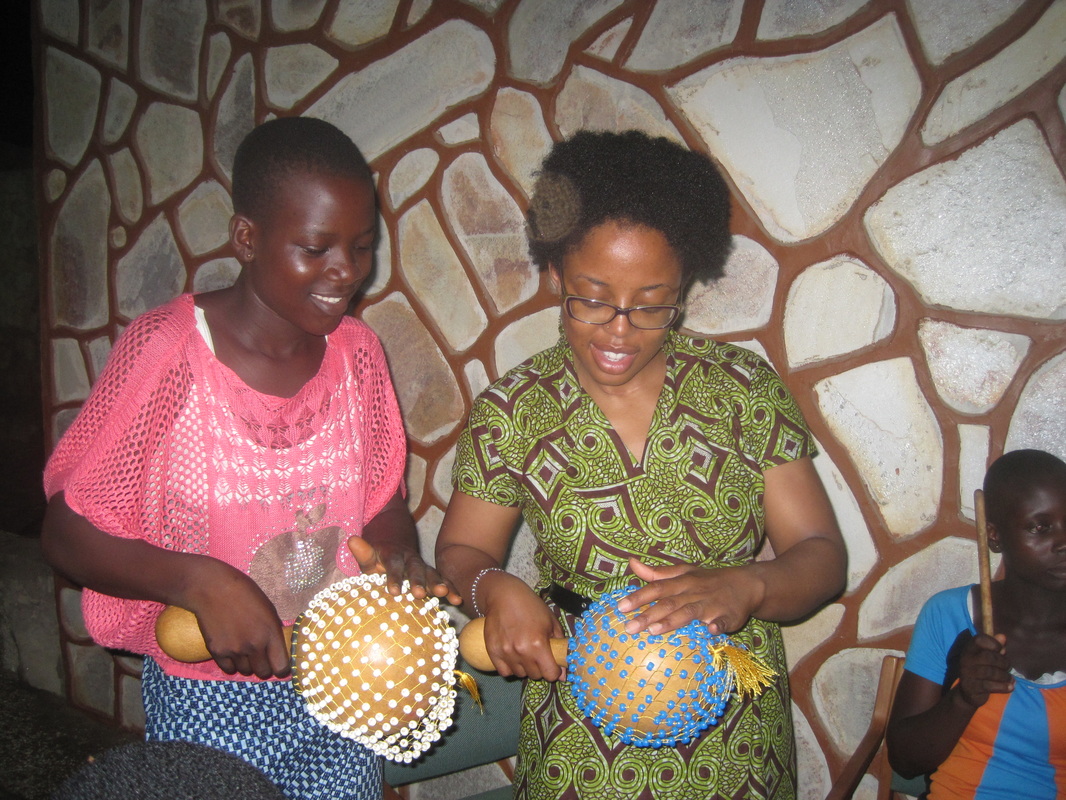
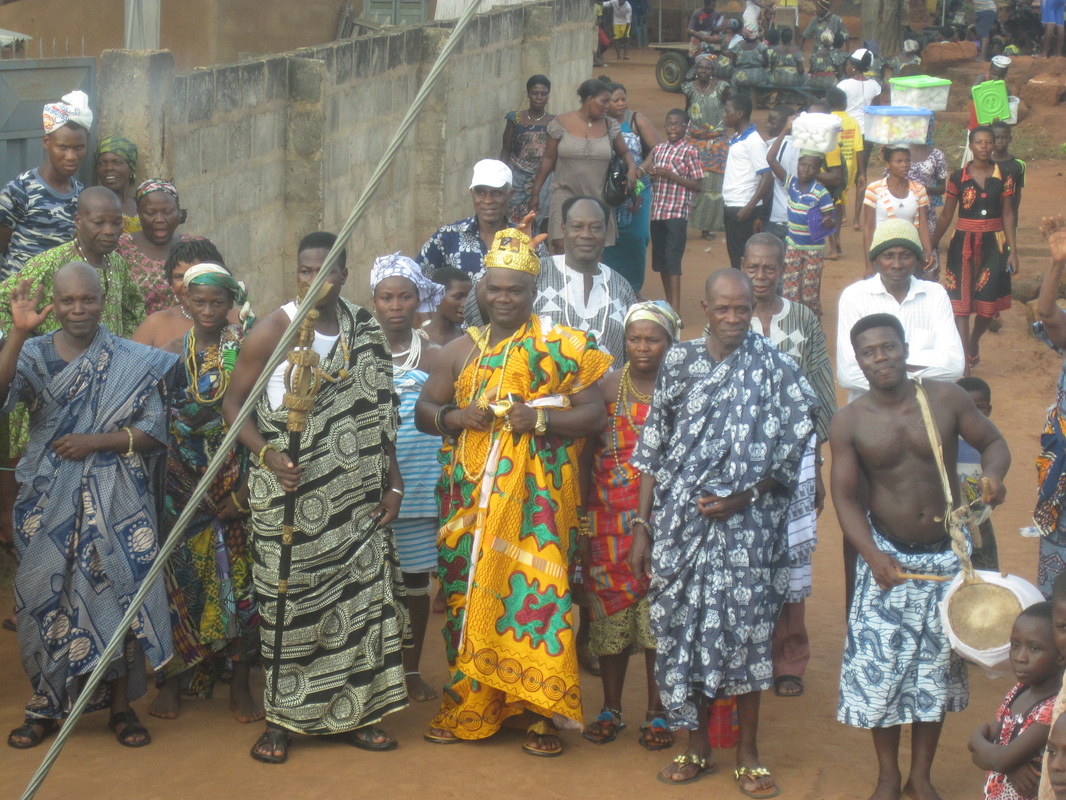

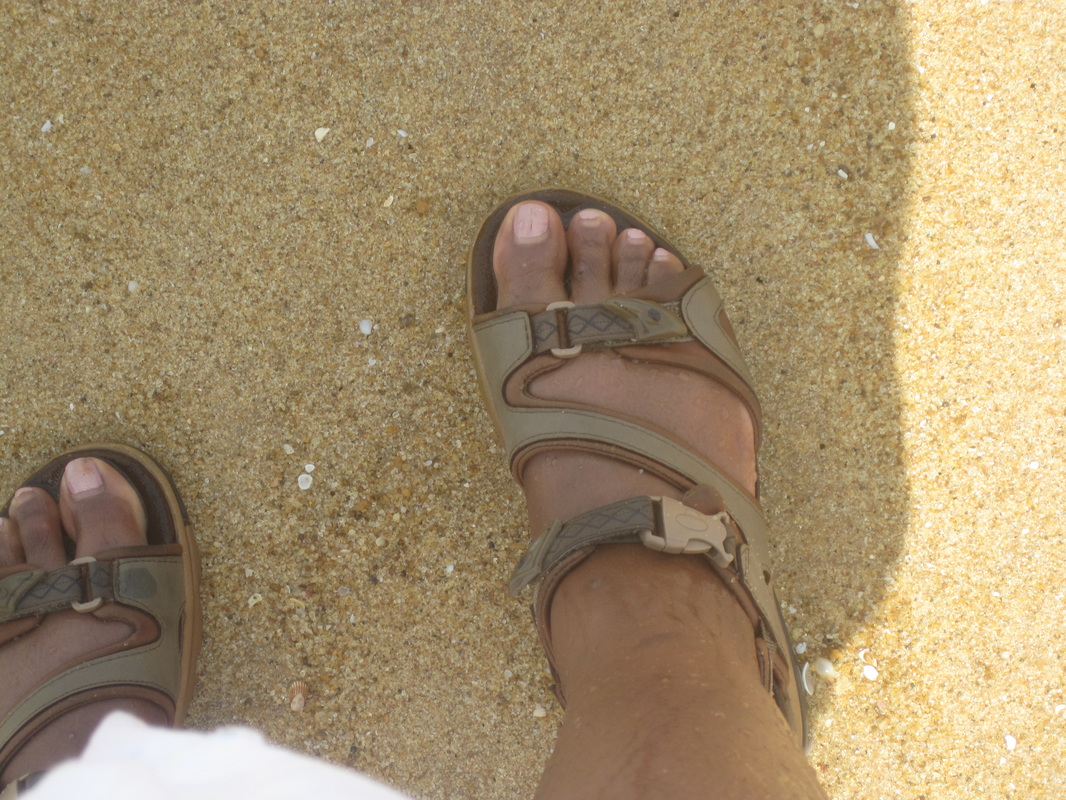
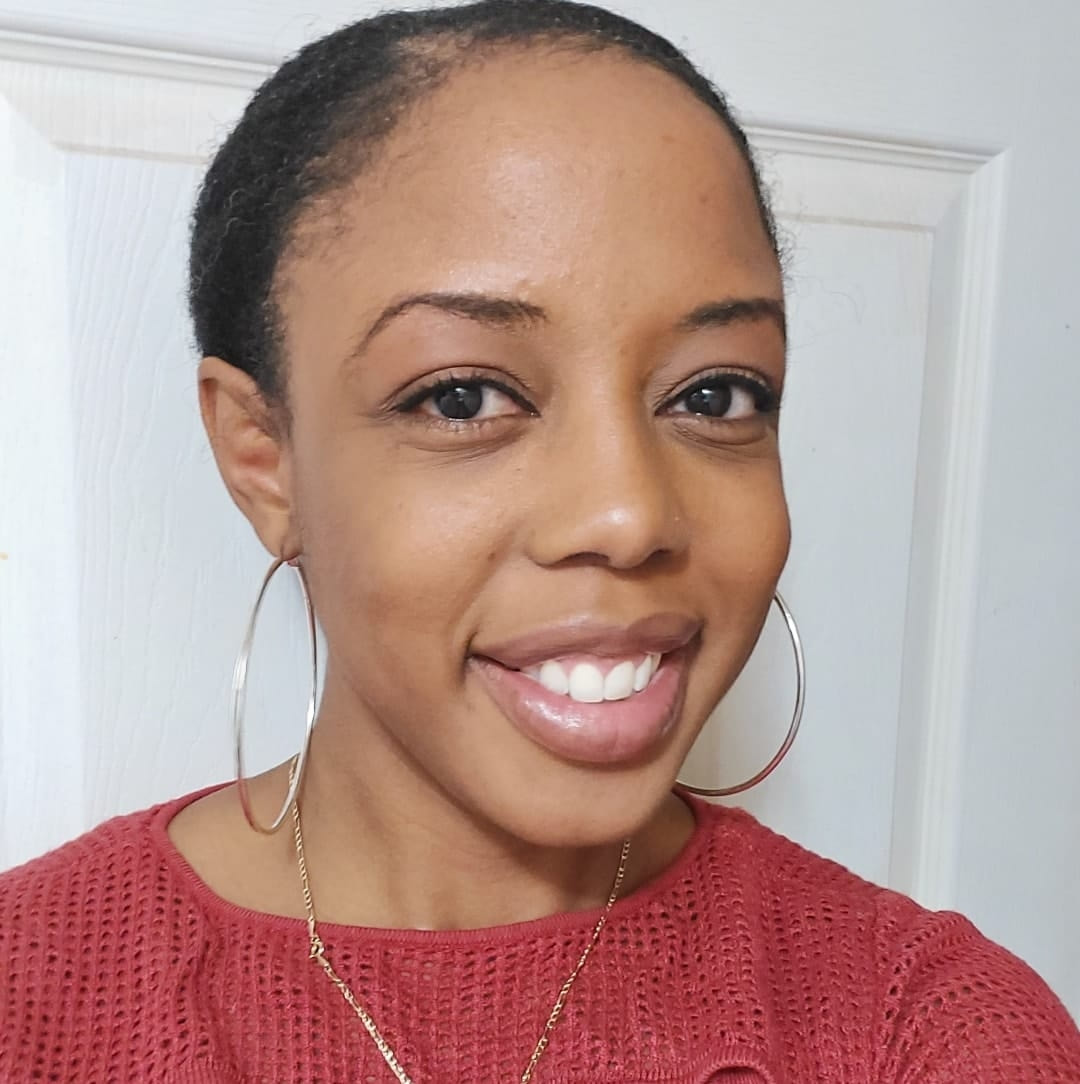
 RSS Feed
RSS Feed